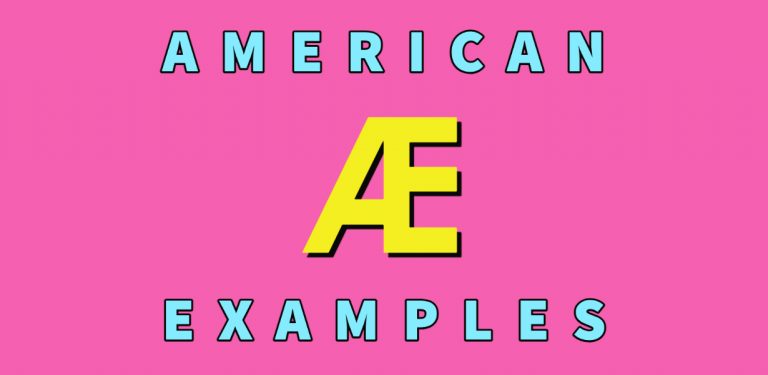
Why "Examples"?
American Examples produces a different kind of research on religion in America. AE approaches specific case studies of religion in America as opportunities for investigating larger theoretical questions. While the participants and their collaboration shape those questions, they broadly focus on issues of identity (race, gender, class, sexuality, etc.) and social formation (how communities and groups build, maintain, and cross boundaries). Each scholars particular object of study presents one example through which these larger questions can be asked and theories can be tested. This approach to religion in America as examples of larger theories, process, and questions produces scholarship suited toward the religious studies classroom and translatable to broader audiences. The “examples approach,” as we call it, allows scholars to use examples from America to present analyses about how religion shapes politics, gender, race, etc. without an audience needing extensive background knowledge in American history.
Learn more about the workshops
The first workshop in the program is focused on the research interests of the cohort in order to begin moving them toward broader theoretical work that is translatable to scholars outside the study of religion and public audiences. Participants pre-circulate chapter-length case studies of religion in America that are collaboratively discussed and revised during the workshop. Alumni from the previous year’s cohort participate in the workshop as collaborators.
The Public Scholarship workshop trains participants in the same public humanities tools in which our department trains our graduate students. The workshop introduces participants to a variety of digital tools, including video production, podcast production, digital collections and exhibits, and text mining. Working collaboratively in groups, participants choose to specialize in one of these tools and produce a prototype project during the workshop. Alumni from the previous cohort return for the workshop to collaborate and guide the current cohort’s projects. Also, graduate students from the department serve as facilitators during the workshop, sharing their knowledge of the various digital tools with participants as they build their projects. The short-term outcome of this workshop is the prototypes but the long-term outcome is a cohort of trained scholars who can go back to their home institutions or form relationships with each other and begin their own public humanities projects.
The classroom is still the public space where scholars of religion have an audience upon whom they can have a lasting impact. Most students who enter the religious studies classroom, especially in introductory courses, will not become scholars of religion, and so our pedagogy in these classes ought to approach the classroom as public engagement. The teaching workshop is the place to think through what happens in the classroom when we take the examples approach to religion in America courses. This approach argues that it is more important that students be able to analyze how authority and power work in social communities by studying the Puritans than that they remember the name of Jonathan Edwards’s famous sermon. Participants produce a syllabus that reflects this approach to religion in America. Alumni from the previous cohort return to share their experiences and advice from teaching classes since their training the previous year. As with the research, this will create an ongoing collaborative discussion about teaching that stretches across the whole life of the program.
How Did American Examples Start?
American Examples launched a pilot program in 2018-2019 with funding from the Department of Religious Studies and the College of Arts & Sciences at the University of Alabama with six participants (from a variety of disciplines including history, anthropology, and religious studies) and one two-day working group meeting. The first six participants were selected in October 2018 and met March 22-24, 2019 for the working group meeting.
In July of 2019, the Department of Religious Studies was awarded a $350,000 grant from the Henry Luce Foundation to expand the program by including more participants and more workshops.